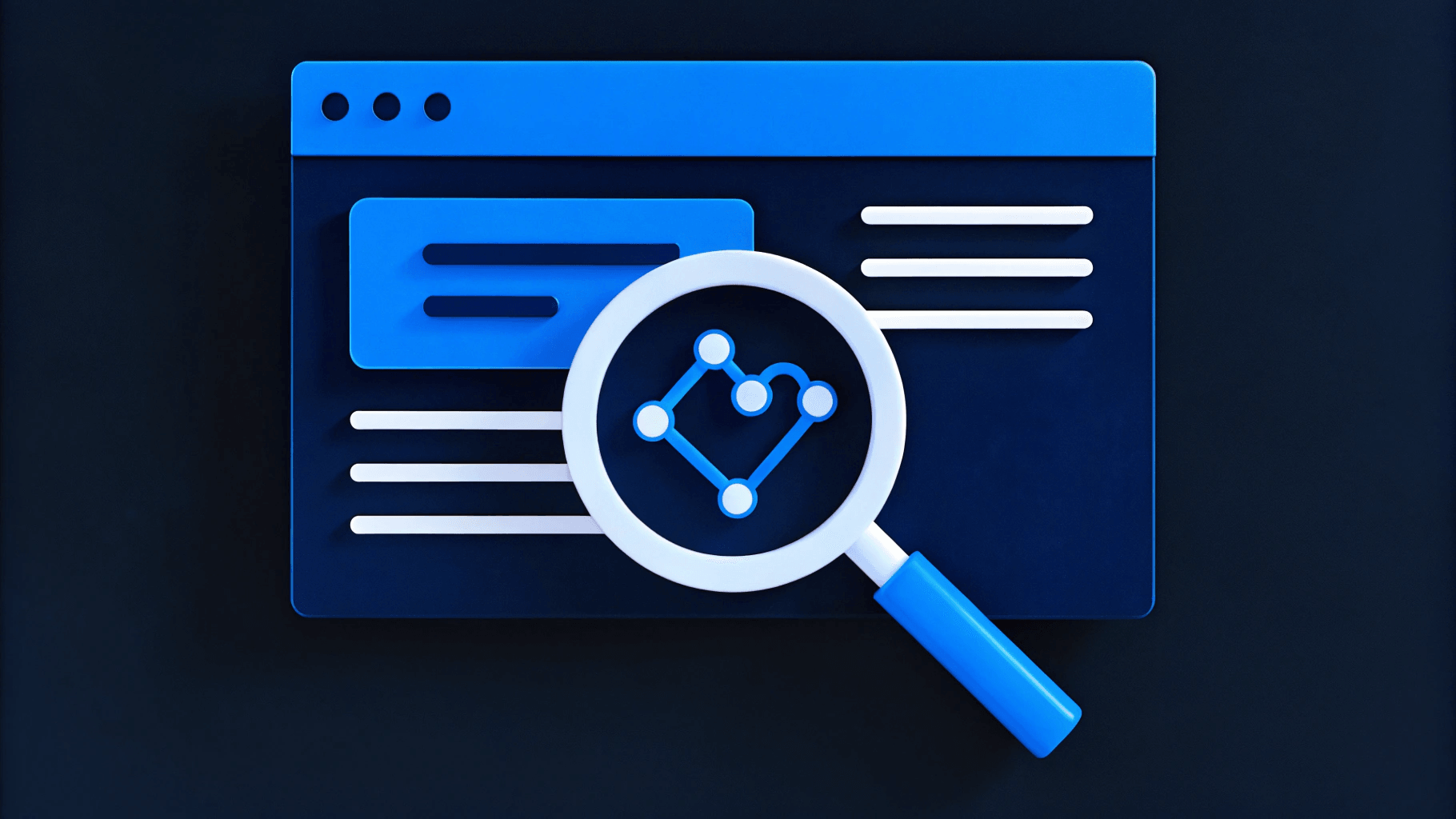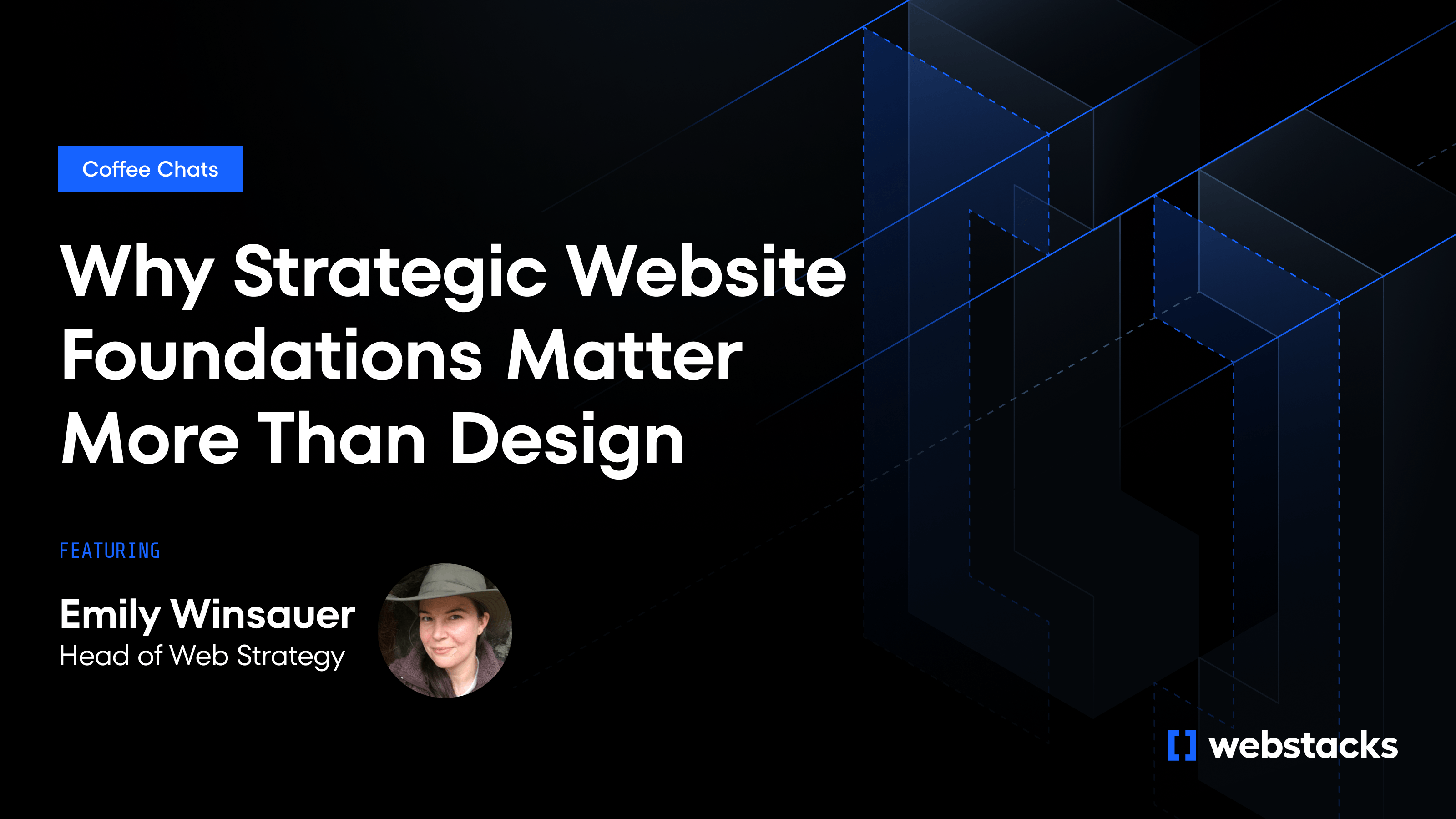Developing a B2B website is not easy. It requires a strategic approach, technical expertise, and a keen understanding of your target audience.
But what's the true cost of building a B2B website that drives results? Are you prepared to invest in a new website, or are the potential expenses holding you back?
Explore the factors that influence B2B website development costs, from the unique needs of startups to the complex requirements of enterprise-level organizations.
Key Takeaways
- B2B website development costs can vary widely, depending on the complexity and features required.
- Factors like website complexity, custom functionality, and the need for ongoing maintenance and updates can significantly impact the overall cost.
- Startups and small businesses may face different cost considerations than high-growth companies and enterprises when building a new B2B website.
- Effective planning, technology selection, and budgeting for future enhancements are key to managing B2B website development costs.

Why B2B Marketing Leaders Are Hesitant to Invest in a New Website
Developing a new B2B website project can be daunting for marketing teams due to significant costs and moving parts.
Decision makers need assurance that the investment will be worthwhile and align with their organization’s goals. Securing buy-in is challenging, given the vast array of technologies available and the decision between adopting a headless CMS or sticking with traditional systems like WordPress.
Choosing the right resources—whether an agency, freelancers, or an internal team—adds another layer of complexity. These considerations make B2B marketing leaders hesitant to invest in a new website.
Next, we’ll dive into each of these complexities a little deeper.
New websites are not cheap or easy
Pursuing a new website requires substantial financial resources. Websites are often the most expensive marketing asset, and large overhauls can quickly add up in cost and time. B2B marketing leaders may hesitate to invest in a new website project due to budget constraints.
Securing funding and getting buy-in from the entire marketing team and leadership is essential, but the uncertainty surrounding the investment can make this process challenging. It’s important to align all stakeholders on the current shortcomings of the website, the business objectives, and what the proper solutions are given your budget.
Which technologies should you use?
The ever-evolving nature of web technologies can contribute to B2B marketing leaders' hesitation to invest in a new website. Concerns about the longevity and compatibility of chosen technologies can create uncertainty about the long-term viability of their website investment.
This uncertainty makes it difficult to budget effectively for the project and plan for future enhancements.
You may need help strategizing the technical aspects of the website, such as selecting the right tools and technologies. Questions like which CMS, front-end frameworks, or hosting solutions are best suited for your website can be daunting.
Agencies can assist in these decisions, helping you choose tools that align with your needs and ensuring your website is built on a solid, future-proof foundation.
Who should own the project?
Deciding whether to use an agency or an internal team adds to the complexity.
If you decide on going the agency route, it’s important to find the right partner that checks off boxes like:
- Industry experience
- Expertise in the web technologies you are using
- Ability to work with your budget
- Ability to deliver within your timeline
Selecting the appropriate design and development agency, and coordinating the various stakeholders involved in the project can all increase both difficulty and cost.
Talking with multiple agencies to find one you can trust—one that has the right experience and fits within your budget—is crucial. This process ensures you choose the best team for your project and helps alleviate concerns about resource management and project execution.
How Much Does a B2B Website Cost?
When it comes to the cost of a B2B website, there are a variety of factors that can influence the final price tag. This truly is an “it depends” type of question, as it’s difficult to provide an exact estimate due to the many variables involved.
From the intricacies of the website's design and user experience to the choice of content management system and the integration of lead generation and marketing automation tools, each element can have a significant impact on the overall cost.
B2B website projects can typically start at $30,000 and go all the way up to $1,000,000, depending on the specific requirements and scope of the project.
Factors Influencing B2B Website Costs
Several factors influence the cost of a B2B website:
- Size of the Website: The number of pages will naturally impact the budget required.
- Web Design and User Experience: The level of customization and attention to detail in the website's design or redesign can significantly affect the cost. This includes the size of the design system and the number of components and page templates.
- Technologies Being Implemented: A headless CMS will cost more than a traditional WordPress or Webflow website. The technologies chosen for development can greatly influence the overall cost.
- Migrations: The need to migrate existing content and data will add complexity and cost to the project.
- Integration Needs: The necessity for integrating CRMs, CDPs, and other tools will add to the costs.
- Content Management System: The choice of content management system, such as WordPress, Drupal, or Magento, can affect development and maintenance costs.
- Lead Generation and Marketing Automation: Integrating tools for lead capture, lead nurturing, and marketing automation can add to the website's development and ongoing expenses.
- Digital Marketing Strategy: Aligning the website with a comprehensive digital marketing strategy can increase the overall investment required.
- Features and Functionality: Dynamic features and advanced functionalities will cost more to develop and maintain.
In most cases, the development of an enterprise website and a startup website will be very different. It’s almost impossible to make comparisons between the two, so we will break down the costs of each below.
Web Development Costs for B2B Startup Websites
For small to medium-sized businesses and startups, the cost of a B2B website can vary significantly.
Startups typically have smaller websites and smaller marketing budgets, which influences the overall cost and 32% of small businesses use DIY website builders to create a basic website.
Generally, a simple WordPress or Webflow website with basic design and development may cost you anywhere from $10,000 - $20,000.
If your startup has substantial funding and more ambitious marketing goals, you may opt for more intricate designs and functionalities, as well as enterprise-grade technologies. This could put you in the ballpark of around $50,000- $200,000.
Again, these prices are very dependent on the factors mentioned above. If you are a fairly new website, you must also consider the ongoing costs of growing your website, which could be design, development, content, tools, etc.
For startups and SMBs, it's critical to view your website as a long-term investment. ROI is not going to be a good measurement right off the bat. Instead, it’s important to have a detailed roadmap that explains how the website is going to deliver value in the future.
Web Development Costs for High-Growth Companies and Enterprises
For larger enterprises and high-growth companies, the costs of B2B website development can be significantly higher due to the scale and complexity of their needs. These companies often have larger websites and larger marketing budgets, requiring comprehensive solutions with extensive custom features and integrations.
Costs can range from $50,000 to $100,000 for websites with extensive custom features and integrations with enterprise systems. More large-scale website projects can range from $200,000 to over $500,000 for custom development, enterprise-grade design systems, and state-of-the-art technologies.
You will also have to account for ongoing costs, such as:
- Maintenance and Support: Continuous support and regular updates to ensure the website runs smoothly.
- Hosting and Security: Advanced hosting solutions and robust security measures to protect the website and sensitive data.
- Content Management: Monthly costs for your CMS.
- Content Marketing and SEO: Sustained investments in digital marketing and SEO to maintain and improve search engine rankings and drive traffic.
Understanding these initial and ongoing costs is crucial for high-growth companies and enterprises. Proper budgeting ensures that your B2B website continues to meet the complex needs of your business, supports your growth objectives, and remains a credible and valuable asset.
Tips for Budgeting Development for a New B2B Website
Developing a successful B2B website requires careful planning and budgeting but brings with it many benefits. To effectively manage the costs of your website development project, focus on these key areas:
Effective Project Planning and Management
Begin by clearly defining the project scope and prioritizing essential features for your B2B website. This will give you a better idea of how much the website will cost and help you avoid unnecessary expenses that could impact your revenue and business goals. Proper project planning and management are crucial to keeping your website development costs realistic.
Choosing the Right Technology Stack
The technology stack you select for your B2B website can significantly impact the overall cost of the project.
Choose a content management system, hosting, CRM, and other web technologies that align with your specific business needs. Selecting the right technology stack ensures your website is cost-effective while still meeting the needs of your B2B customers.
Allocating Budget for Future Enhancements
When budgeting for your new B2B website, it's essential to set aside resources for future enhancements and updates. A website is never truly finished. Building a roadmap that outlines all the things you want to accomplish with the new website helps keep your long-term goals in focus.
As your business grows and your website visitors' expectations change, redesigns or updates will likely be necessary. By allocating a portion of your budget for ongoing maintenance and improvements, you can ensure your website remains relevant, user-friendly, and effective in supporting your long-term business goals.
This proactive approach will help you adapt to changing needs and continue providing a valuable experience for your visitors

Conclusion
In conclusion, the cost of a B2B website can vary significantly based on factors such as the complexity of the website and the specific features and functionalities required.
Whether you're building a basic startup website or a comprehensive enterprise-level solution, the development project's cost can range anywhere from a few thousand dollars to hundreds of thousands or more.
By understanding the key cost drivers, such as the size of your website, the specific business needs, and the technologies required, B2B marketing leaders can effectively budget for a new website project and ensure that their investment aligns with their goals and target audience.




